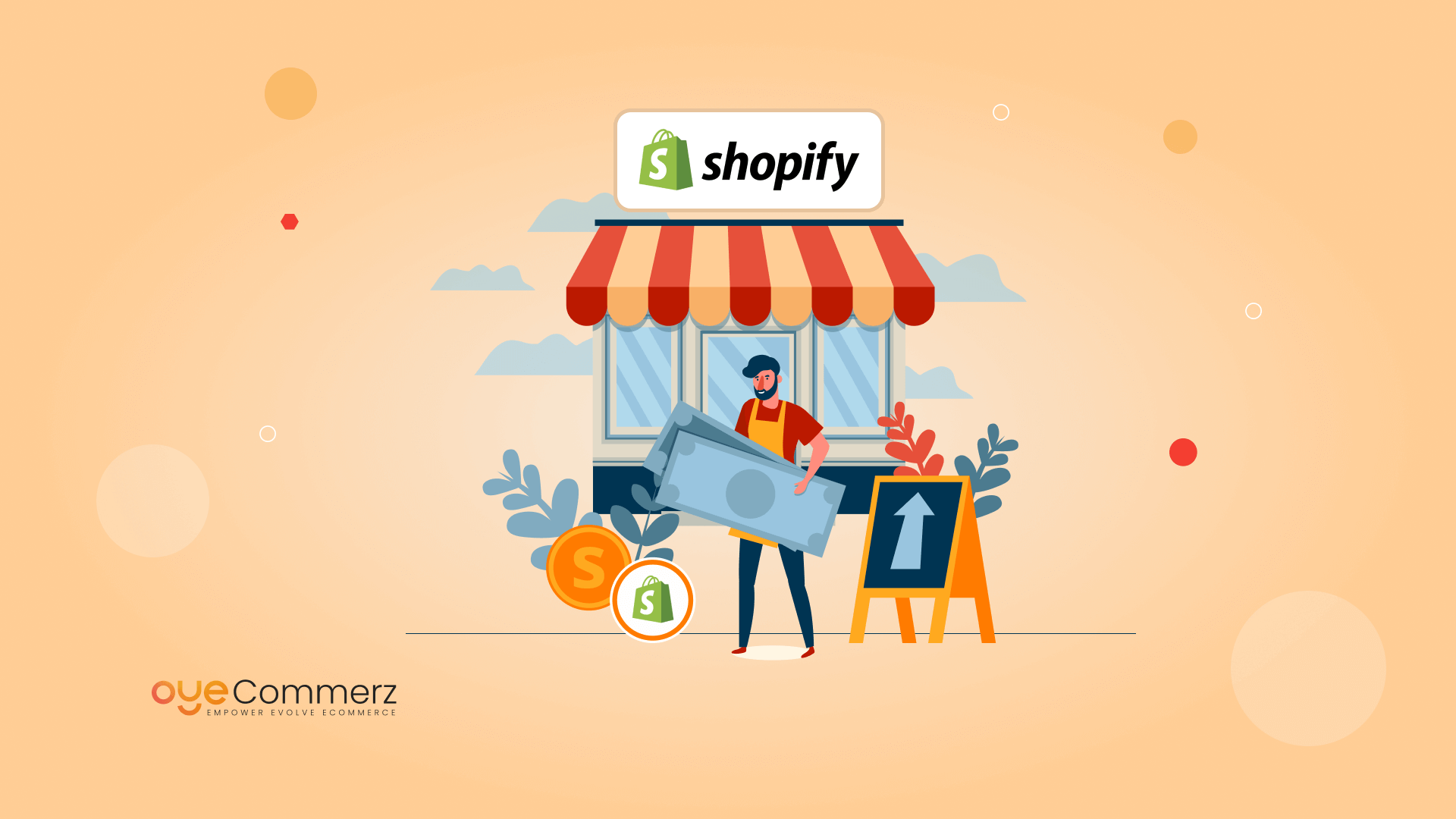Introduction
In the current competitive e-commerce environment, standing out is essential, and one of the best ways to differentiate a Shopify store is through custom app creation. A robust Shopify app can boost store capabilities, streamline operations, and boost customer engagement. This article explores key elements of Shopify app development, covering API integration and app ecosystem to scaling strategies and digital marketing approaches, providing a roadmap for businesses looking for superior store performance.
The Importance of Shopify API Integration
Shopify’s API offers robust tools to customize and extend store functionalities. With the GraphQL and REST API options, developers can access data to build applications that manage inventory control, order processing, and customer information management seamlessly. Integrating Shopify’s API can enable improved workflow automation and allows stores to assist shoppers more effectively.
Utilizing the Polaris Design System
Shopify’s Polaris is Shopify's design system for creating user-friendly and easy-to-use Shopify apps. By adhering to Polaris principles, developers guarantee that apps integrate smoothly within the Shopify Admin experience. This provides a cohesive appearance that appeals to Shopify merchants, promoting ease of use and familiarity for merchants utilizing your tailored app.
Understanding the Shopify App Ecosystem
The Shopify app ecosystem offers endless possibilities for enhancing e-commerce sites. From handling order fulfillment to increasing customer engagement, apps in this ecosystem are designed to meet various business needs. Learning about this ecosystem helps developers in identifying unique app ideas and allows for smooth connections of external tools that enhance the store.
Developing Embedded Shopify Apps
Embedded apps work seamlessly within the Shopify Admin, providing a smooth interface for merchants. They ensure that merchants do not need to React for Shopify development navigate away from their Shopify control panel, simplifying their process. Using Shopify App Bridge and embedded app features is recommended for offering a unified, well-integrated user experience.
Leveraging Node.js and React for Shopify Development
Node.js and React have become top options for Shopify app development. This server-side framework enables efficient back-end services, while React enables interactive and adaptive front-end user interfaces. Together, they offer an excellent platform for building fast, scalable Shopify apps that improve store performance and customer engagement.
Utilizing Webhooks in Shopify Development
Webhooks enable instant data synchronization between Shopify and an external app. They initiate events such as order creation or stock changes and provide immediate alerts to your app. By utilizing webhooks, apps can provide up-to-date insights for store owners, streamlining workflows and increasing productivity.
Engaging Customers Through Digital Marketing for Shopify Apps
To ensure Shopify app success, connecting with users is key. Using digital marketing strategies like SEO, email marketing, and social media campaigns can drive app adoption. Additionally, creating applications with customer interaction as a focus (e.g., loyalty programs or personalized recommendations) increases user retention and loyalty.
Making Your Shopify App Scalable
As e-commerce businesses grow, so do their technological needs. Making sure that your app Leverage Shopify APIs can manage increased traffic, larger databases, and more advanced functionalities is critical. By improving server resources and implementing scalable solutions, you can develop apps that grow in parallel to a store’s success.
Essential Features and Maintenance for Shopify Apps
For an app to be effective, it should offer essential features like user authentication, dashboard analytics, and customer support options. Ongoing app upkeep, with updates to fix bugs and compatibility checks with new Shopify functionalities, is important to maintain continuous operation and avoid interruptions to business processes.
Conclusion
Custom Shopify app development holds vast potential for e-commerce businesses, providing the chance to improve performance, simplify operations, and build customer relationships. From integrating APIs to focusing on scalability and customer interaction, building a Shopify app requires careful planning and well-planned actions. If you’re prepared to unlock your store’s full potential, a tailored Shopify application may be the ideal solution. What capabilities do you envision for your ideal app? Share your ideas and take the first step toward an optimized e-commerce experience!
